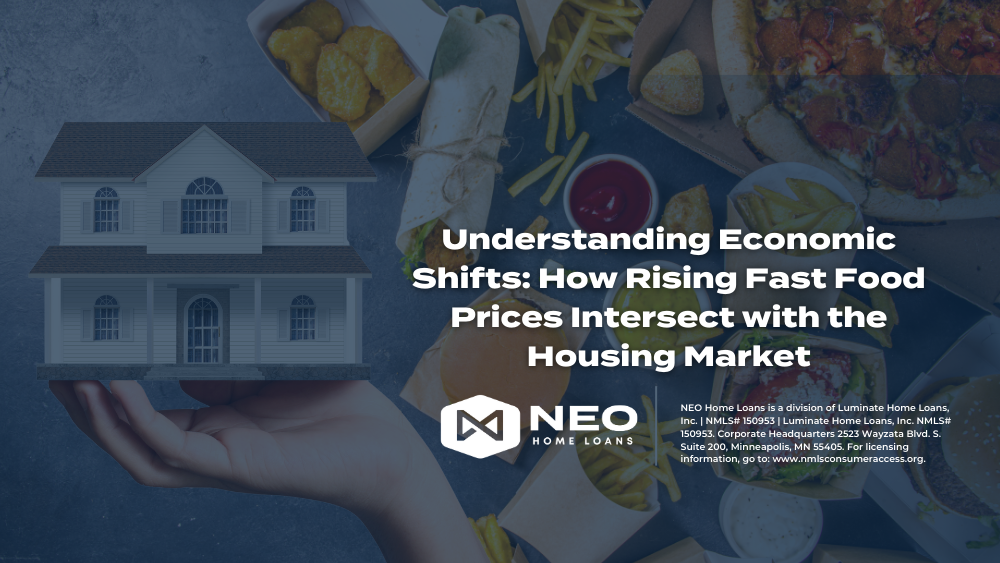
Have you been noticing the prices of fast food and other products going up? Well, you’re not alone.
Across the country, families are feeling the financial pain of previously low-priced items suddenly costing double (or triple!) what they’re used to. For example, a lunch for two in California at a fast food chain can easily be $40 nowadays, which is a big jump for places that tout “cheap fast food.”
But why exactly is this happening, and what does it have to do with you buying a home? Keep reading for more insights.
Why Are Prices Going Up?
Starting in April of 2024, the minimum wage for fast-food and healthcare facility employees in California was increased. As a result, their wages went from $16/hour to $20/hour in order to provide better wages and living conditions for these workers.
This rise in minimum wage, while much needed for the economy, is happening all across the nation. And when businesses have to pay their employees more, they often raise their prices to cover the costs. Which, unfortunately, means the burger and fries you love might cost more now.
What Does This Have to Do with Housing?
In recent news, you may have heard of President Biden’s housing plan to help first-time homebuyers and to reduce housing costs. This plan would give money to first-time homebuyers and some families looking to sell their homes. But just like with the fast-food industry, the effects can vary.
In some places like California, where not enough houses are available, making homes more affordable might not be enough. In other places, it might help a bit more.
So, What’s the Best Move for Homebuyers?
If you’re thinking about buying a home in the near future, it’s good to know about these changes and plans. By staying informed and working with an expert lender, you can take advantage of any changes as soon as they happen.
But even though extra money in the economy sounds great, it’s important to look at the whole picture, like how many houses are available and how much they cost. If more homes become available and the costs of borrowing money for a home go down, this could be a better outcome for buyers vs money that is thrown into the economy.
Conclusion
Understanding these changes can help you make better, informed choices about your financial future. Whether you’re saving up for a big purchase or just deciding where to grab lunch, let us help you save money where it counts!
Reach out to us today so we can help you navigate your home-buying journey without having to skip out on the fries.










